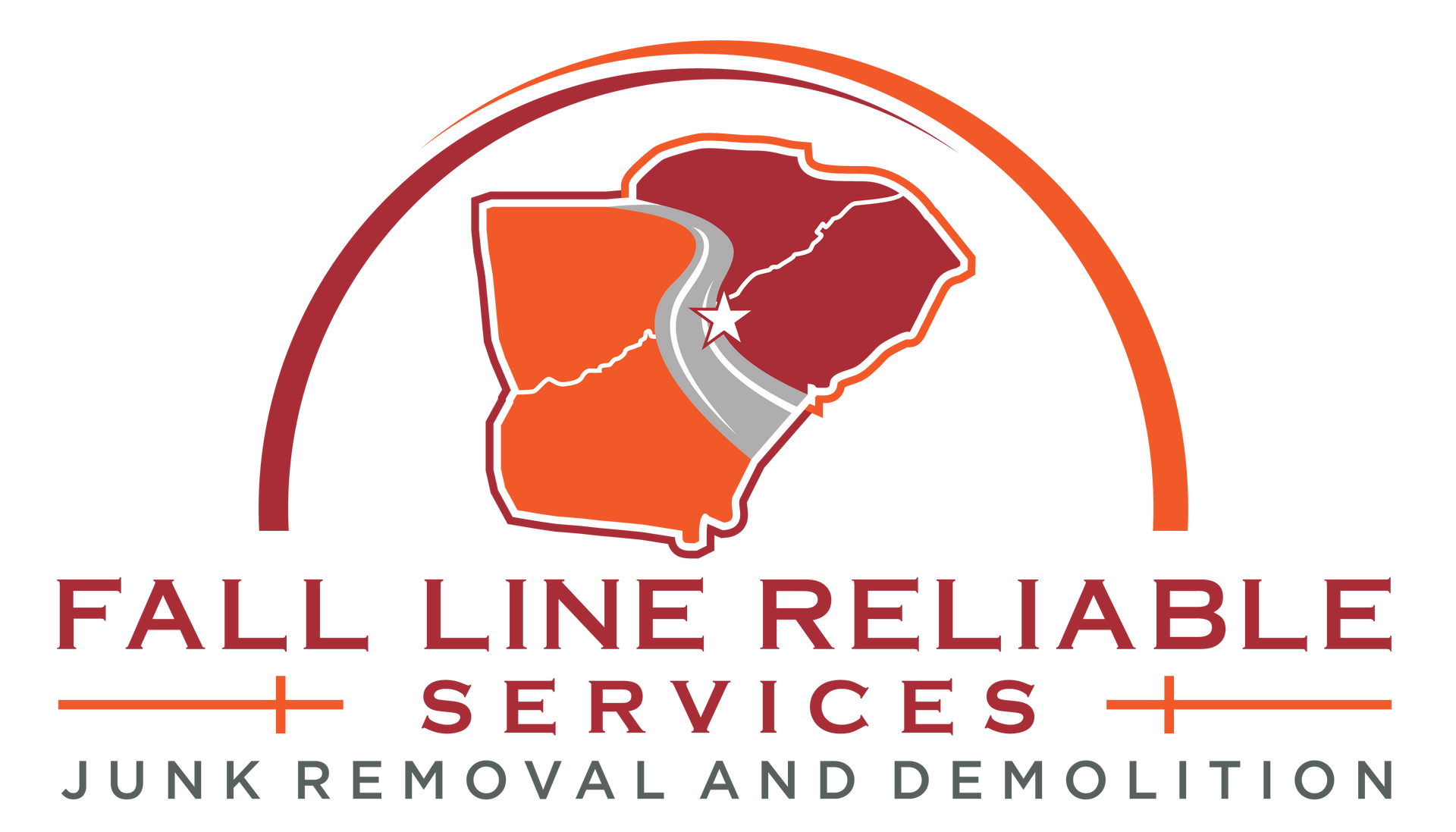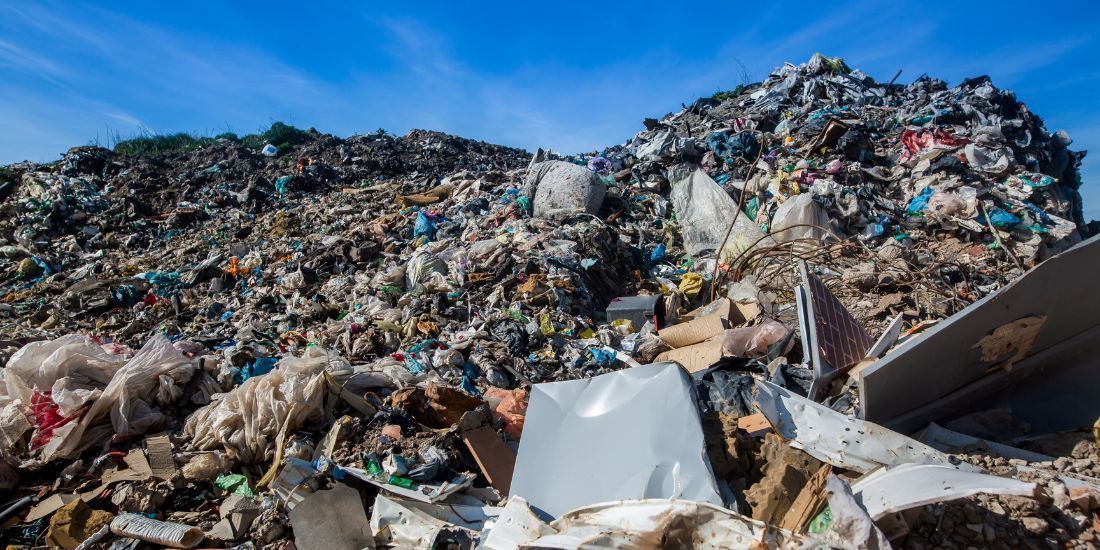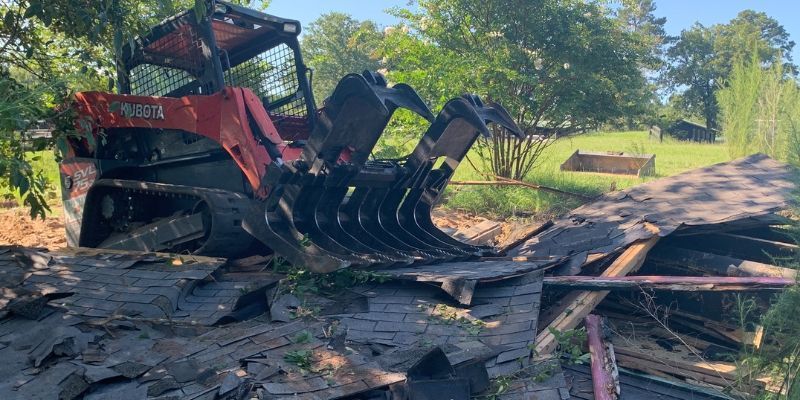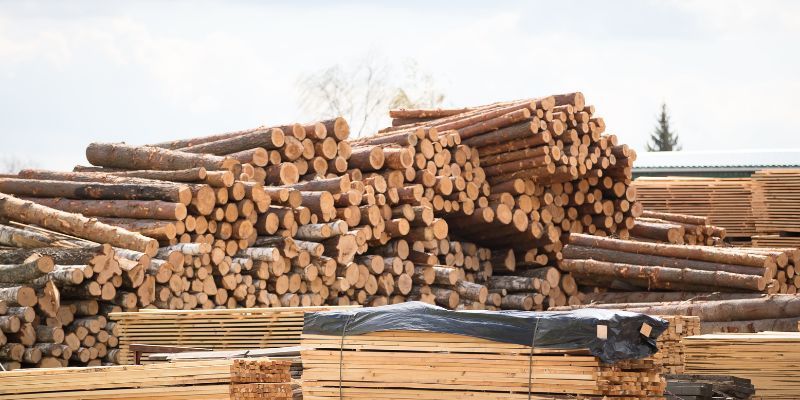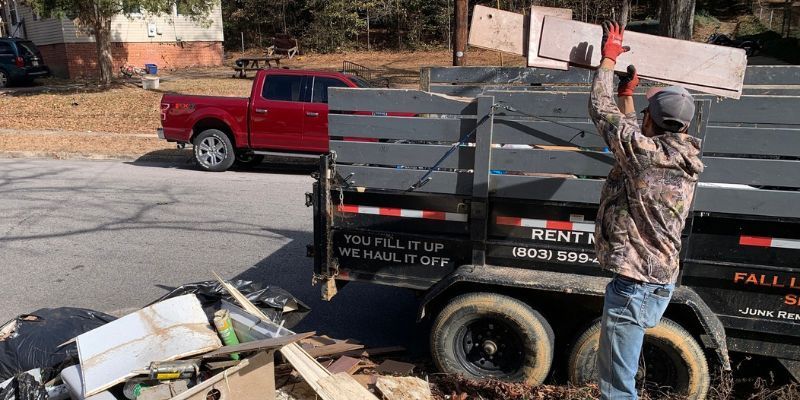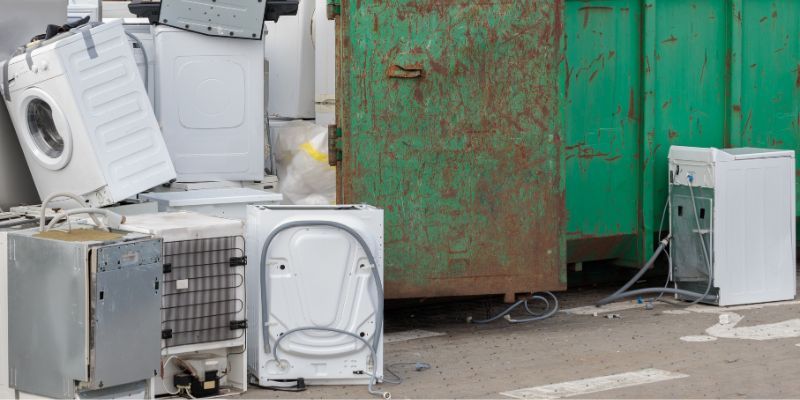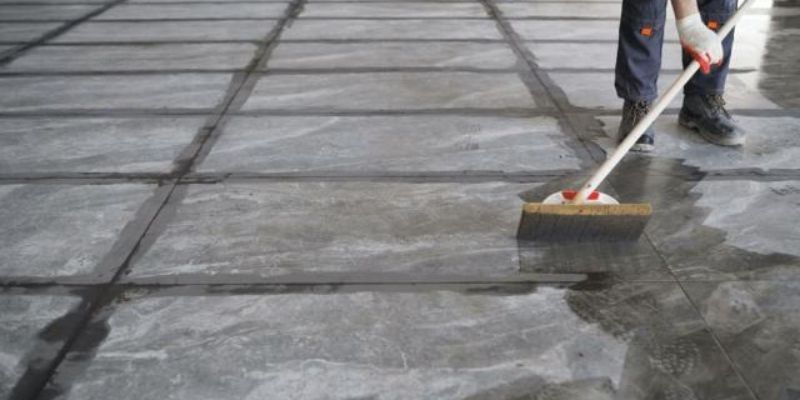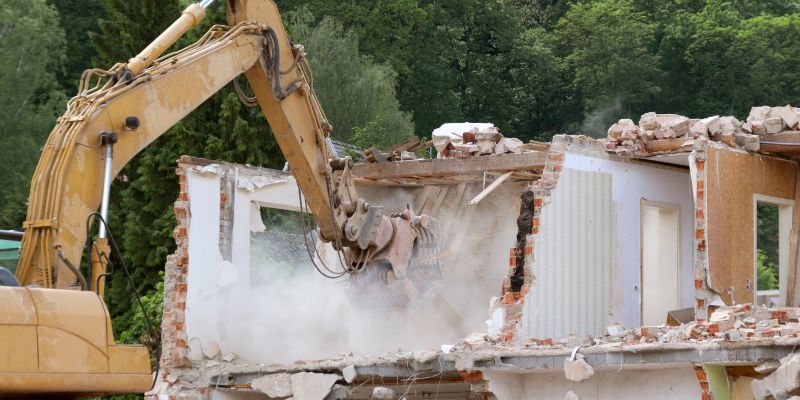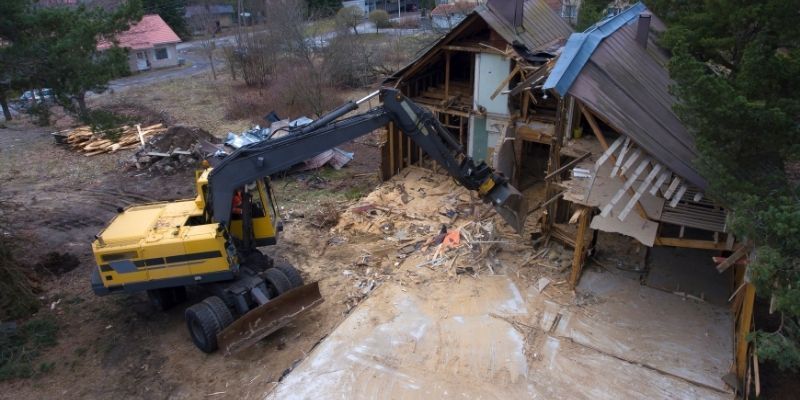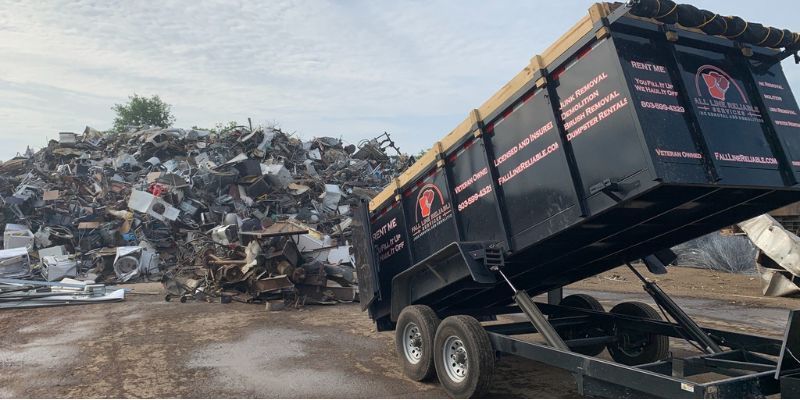10 Improper Waste Disposal Effects That Should Never Neglect
Improper waste disposal is an ever-growing problem that poses significant threats to our planet and its inhabitants. As our population continues to grow, so does the amount of waste we produce. From plastic packaging to electronic devices, we are constantly generating more and more trash with no proper means of disposing of it.
However, the impact of improper waste management goes beyond just environmental concerns. From overflowing landfills to toxic chemicals seeping into soil and water sources, the consequences of it are far-reaching and alarming.
Let's get into the pressing problems caused by irresponsible waste disposal practices and explore solutions for a cleaner, healthier world.
What is Improper Waste Disposal?
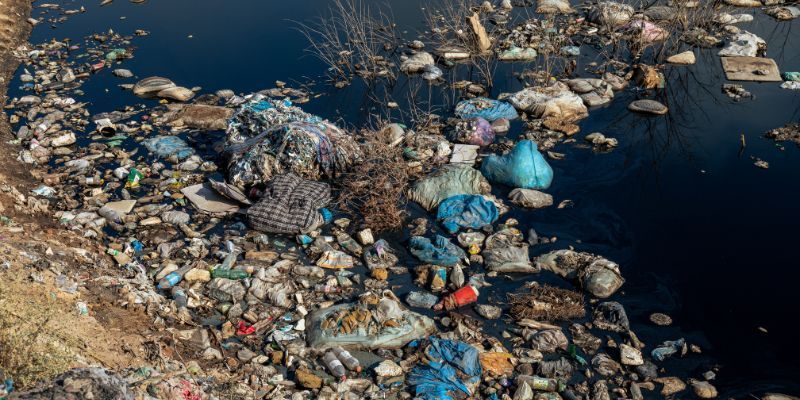
Improper waste disposal refers to the incorrect handling, storage, or disposal of waste materials. This can have harmful effects on the environment, public health, and wildlife.
The improper waste disposal examples include littering, dumping waste in unauthorized areas such as rivers or forests, burning waste in open areas, and failing to recycle materials that could be reused. Improper waste disposal can lead to pollution of land, water, and air, as well as contribute to the spread of diseases and endanger various ecosystems.
What are the Problems of Improper Waste Disposal?
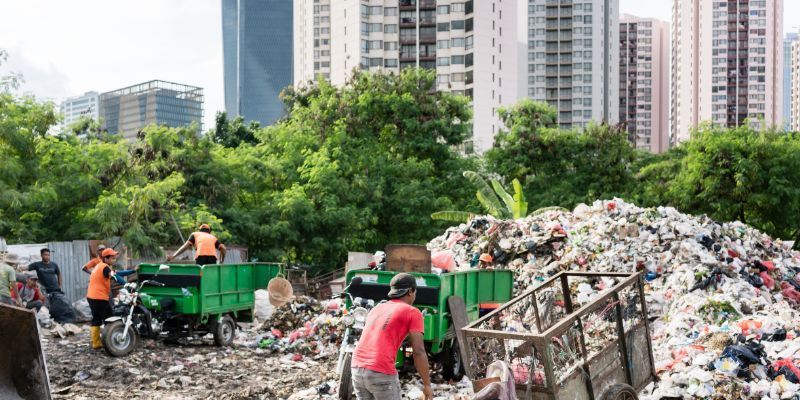
Improper waste disposal poses several significant problems that can have far-reaching consequences on the environment and society.
▪️ Environmental Impact
Improper waste disposal poses a significant threat to the environment by contaminating soil, water sources, and air quality. This can result in long-term damage to ecosystems, loss of biodiversity, and disruption of natural habitats.
▪️ Public Health Concerns
Improperly disposed of waste can carry harmful pathogens and toxins, leading to the spread of diseases among human populations. Contaminated water sources and air pollution are improper waste disposal causes that can have serious health consequences for communities living nearby.
▪️ Wildlife Endangerment
Wildlife is particularly vulnerable to the consequences of improper waste disposal. Animals may ingest or become entangled in waste materials, leading to injuries, illnesses, and even death. The disruption of food chains and habitats further threatens wildlife populations.
▪️ Soil Contamination
It can lead to soil contamination, which can have negative improper waste disposal effects on agriculture and food production. Contaminants from improperly disposed waste can seep into the soil and be absorbed by plants, making them unfit for consumption.
This not only affects the health of individuals consuming contaminated produce but also leads to economic losses for farmers and decreases the availability of safe, healthy food sources.
▪️ Water Pollution
Improper waste disposal can also pollute water sources such as rivers, lakes, and groundwater. When hazardous materials are dumped or leaked into these water bodies, it can harm aquatic life and make the water unsafe for human use.
This not only has environmental consequences but also impacts industries that rely on clean water for their operations such as fishing and tourism.
▪️ Air Pollution
Improper waste disposal also contributes to air pollution. When waste is not properly managed, it can release toxic gasses and chemicals into the atmosphere, leading to air pollution. This not only affects the quality of the air we breathe but also contributes to global climate change.
The burning of waste in landfills or incineration plants also releases harmful emissions that contribute to air pollution.
▪️ Electronic Waste Issues
E-waste, or electronic waste, is a major contributor to the growing issue of improper waste disposal. With the constant release of newer and faster electronic devices, old ones are quickly becoming obsolete and ending up in landfills. These improper disposal effects of e-waste on the environment are serious. As it contains harmful chemicals such as lead, mercury, and cadmium that can seep into the soil and water supply if not disposed of properly.
▪️ Spread of Diseases
Improper waste disposal can also lead to the spread of diseases. When garbage disposal is not done properly, it attracts pests and vermin such as rats and insects which can carry diseases. These pests can then spread the diseases to humans, leading to serious health issues.
The harmful effects of waste accumulation in water sources and food, cause waterborne and foodborne illnesses.
▪️ Legal and Regulatory Issues
Improper waste disposal often violates environmental regulations and can result in legal consequences for individuals or businesses. Fines, penalties, and cleanup costs may be imposed on those found guilty of improper waste disposal practices.
In addition, government agencies may also face challenges in enforcing these
regulations and monitoring waste disposal practices.
What is the Main Problem of Waste Disposal?
The health problems caused by improper waste disposal are the main problems of it. When waste is not disposed of properly, it can lead to air, water, and land pollution which can have harmful effects of improper waste disposal on human health.
Considering proper waste disposal methods is important for individuals and communities to protect themselves and the environment.
Diseases Caused by Improper Waste Disposal
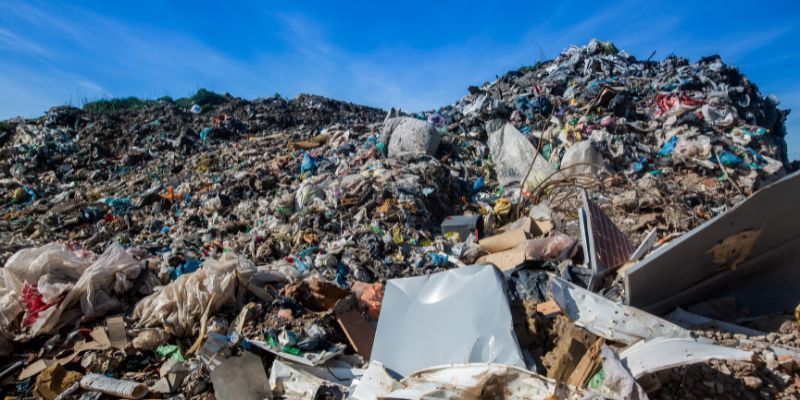
Improper waste disposal can lead to a variety of diseases, some of which include:
- Cholera
- Diarrheal diseases
- Malaria
- Dengue fever
- Respiratory infections
- Skin infections
- Typhoid fever
- Hepatitis A
- Hookworm infections
How to Manage Improper Waste Disposal?
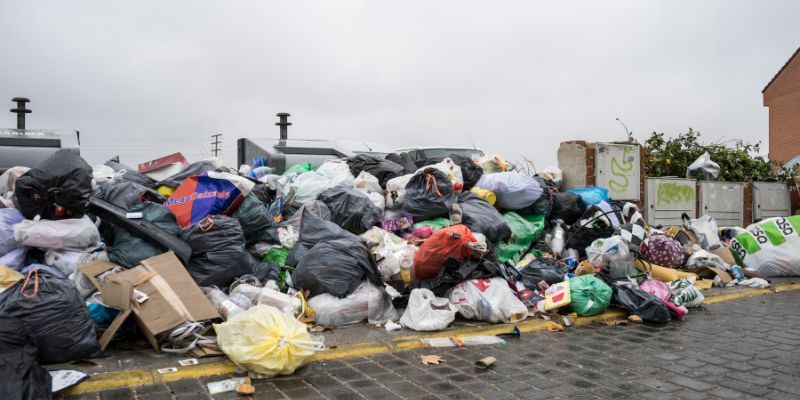
Improper waste disposal poses a significant threat to public health and the environment. To effectively manage this issue, it is crucial to implement improper waste disposal solutions to cope with it.
- Education and Awareness
Increasing public knowledge about the importance of proper waste disposal through campaigns, workshops, and school programs.
- Implementation of Recycling Programs
Encouraging recycling by providing accessible recycling bins and promoting separation of recyclable materials from general waste.
- Proper Segregation
Dividing waste into categories such as organic, recyclable, and hazardous to ensure appropriate disposal methods are used for each type.
- Composting
Promoting composting of organic waste to reduce the amount of waste sent to landfills and to create nutrient-rich soil.
- Regulation and Enforcement
Enforcing strict regulations on waste disposal practices and penalties for improper disposal to deter harmful actions.
- Investment in Waste Management Infrastructure
Developing proper
waste management facilities including incinerators, recycling centers, and landfills to handle different types of waste effectively.
Incentives for Sustainable Practices
Providing incentives for individuals and businesses that adopt sustainable practices such as using renewable materials or reducing their waste footprint.
- Innovation in Waste Management Technologies
Investing in research and development of new technologies for efficient waste management, such as converting organic waste into biogas for energy production.
How Does Dumpster Rental Help in Proper Waste Disposal?
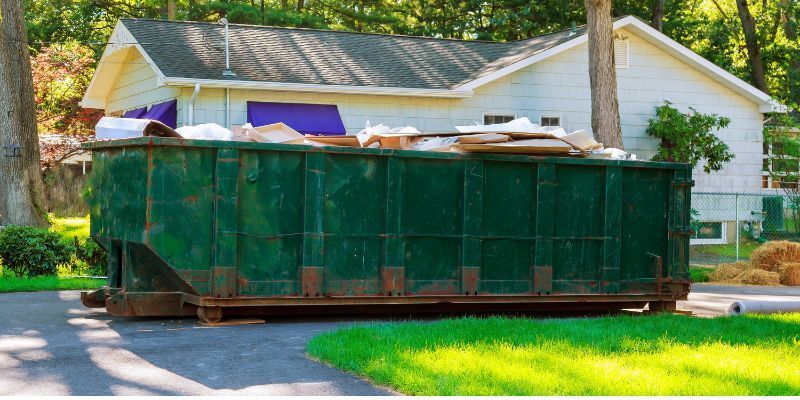
Dumpster rental services play a crucial role in proper waste disposal by providing a convenient and efficient way to collect and dispose of large quantities of waste. By renting a dumpster, individuals and businesses can easily gather all their waste in one place, ensuring it is properly contained and not scattered around the area.
Different dumpster rental sizes are available in the market, allowing for different types and amounts of waste to be disposed of at once. This helps prevent overloading trash cans or overflowing garbage bins, which can lead to littering and improper disposal.
Conclusion
Taking responsible actions toward waste management is essential for environmental sustainability and community well-being. Addressing these issues not only safeguards our surroundings but also contributes to a cleaner and safer future for all.
Looking for expert assistance in
professional junk removal for your home and office spaces?
Fall Line Reliable Services offers reliable solutions to efficiently handle waste disposal, recycling, and even demolition needs.
Reach out to us and call us at
803-599-4329 to partner with a team dedicated to promoting a cleaner environment through effective waste management practices.

